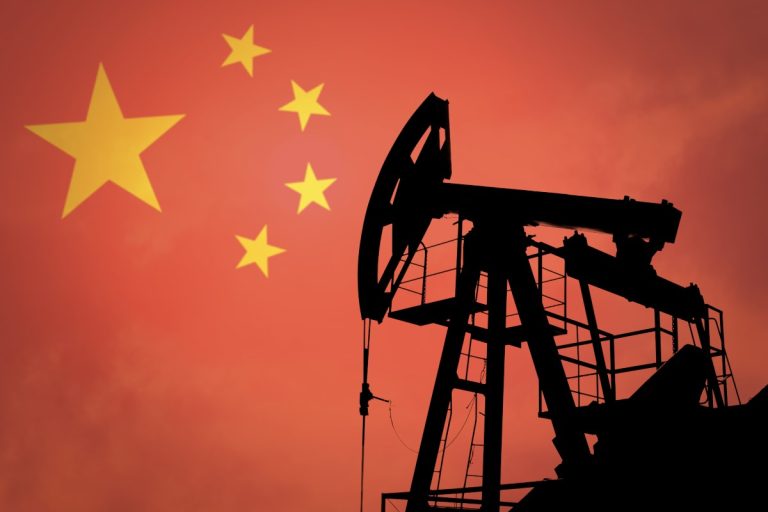In the dynamic world of global oil markets, recent developments in China are significantly impacting the industry. This article explores the impact of China's decision to raise retail prices of petrol and diesel on oil trade.
Fanning the flames: China's price adjustment strategy
As a major player in the global oil market, China has initiated a major shift in gasoline and diesel prices. The National Development and Reform Commission reported that gasoline prices will rise by 200 yuan per ton and diesel prices by 190 yuan per ton. This amendment comes in response to the fluctuating dynamics of global oil prices.
The pricing mechanism for refined petroleum products in China is closely linked to global crude oil prices. For traders, understanding this mechanism is essential to successfully navigate the oil market. As China adjusts its retail prices, experienced traders are analyzing the potential impacts on CFDs on crude oil and the broader market.
The Quota Dilemma: Uncovering the Dynamics of China's Crude Oil Imports
China's recent announcement of crude oil import quotas of 179.01 million metric tons for 2024 – an increase of 60% from the previous year – represents a very important element in this scenario. This allocation includes 41 companies, most of which are independent refineries, that receive new quotas. It is worth noting that some were given bonuses for a full year, which is different from the approach taken in 2023.
China's crude oil import system operates under a strict quota system administered by Beijing. Throughout the year, multiple batches of quotas are distributed to independent refineries, affecting the global oil supply chain. Traders should closely monitor how these quotas affect market dynamics.

China's Three Giants: Stabilizing the Seas of Oil Production
The China National Petroleum Corporation, the China Petrochemical Corporation, and the China National Offshore Oil Corporation play vital roles in maintaining stable oil production. Their guidance to ensure stable supplies amid price adjustments underscores their importance in the Chinese economy.
Riding the waves of change in oil trading
China's recent actions in the oil market present unique challenges and opportunities for savvy investors. As retail prices of petrol and diesel rise, dealers need to adapt strategically. Increasing crude oil import quotas and the participation of major industry players add complexity to an already complex market.
For successful oil trading, it is essential to understand the impact of global oil prices, quotas, and strategies of the major players. China's retail price adjustments present opportunities for knowledgeable traders to capitalize on this major market shift. Therefore, traders must be prepared to skillfully adapt to the complex world of oil trading.

